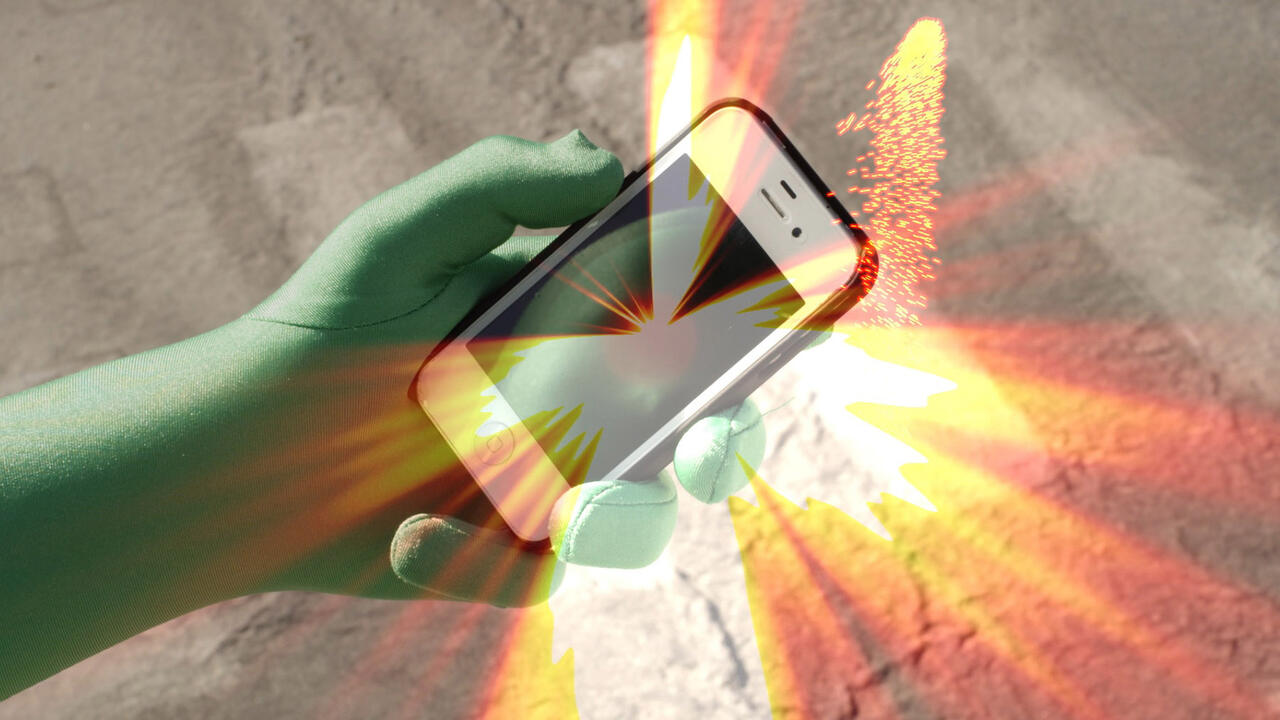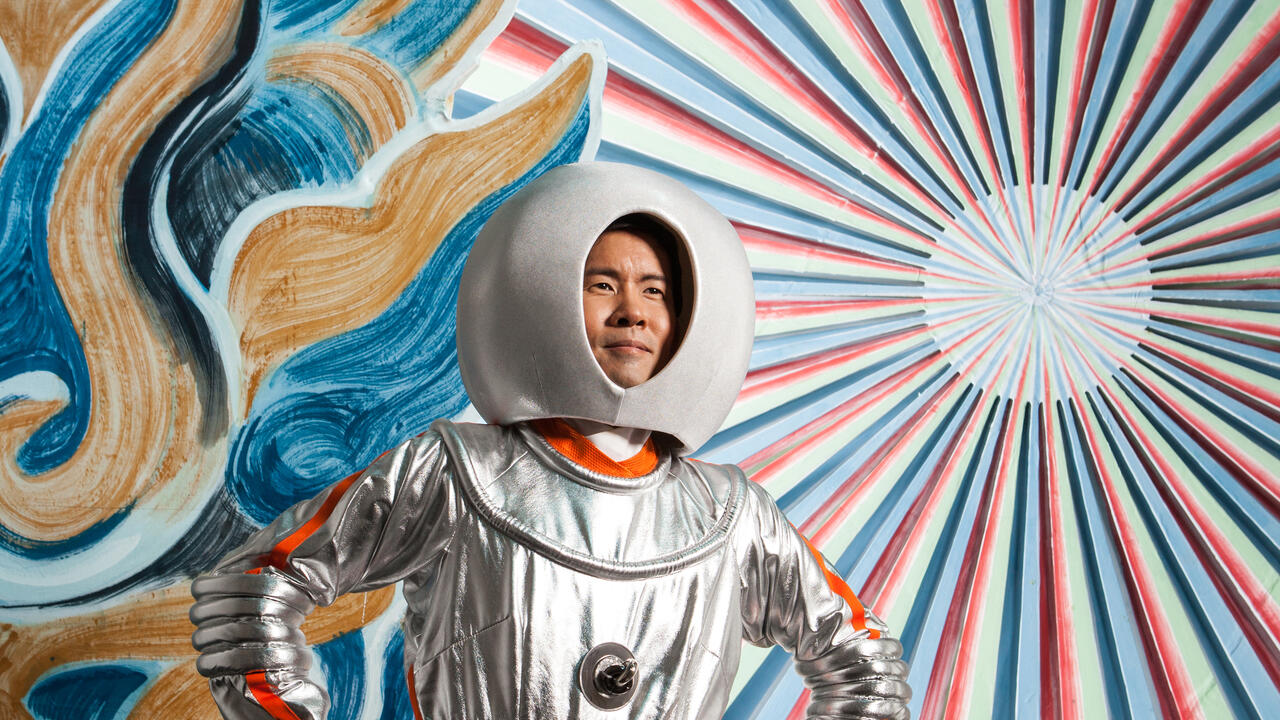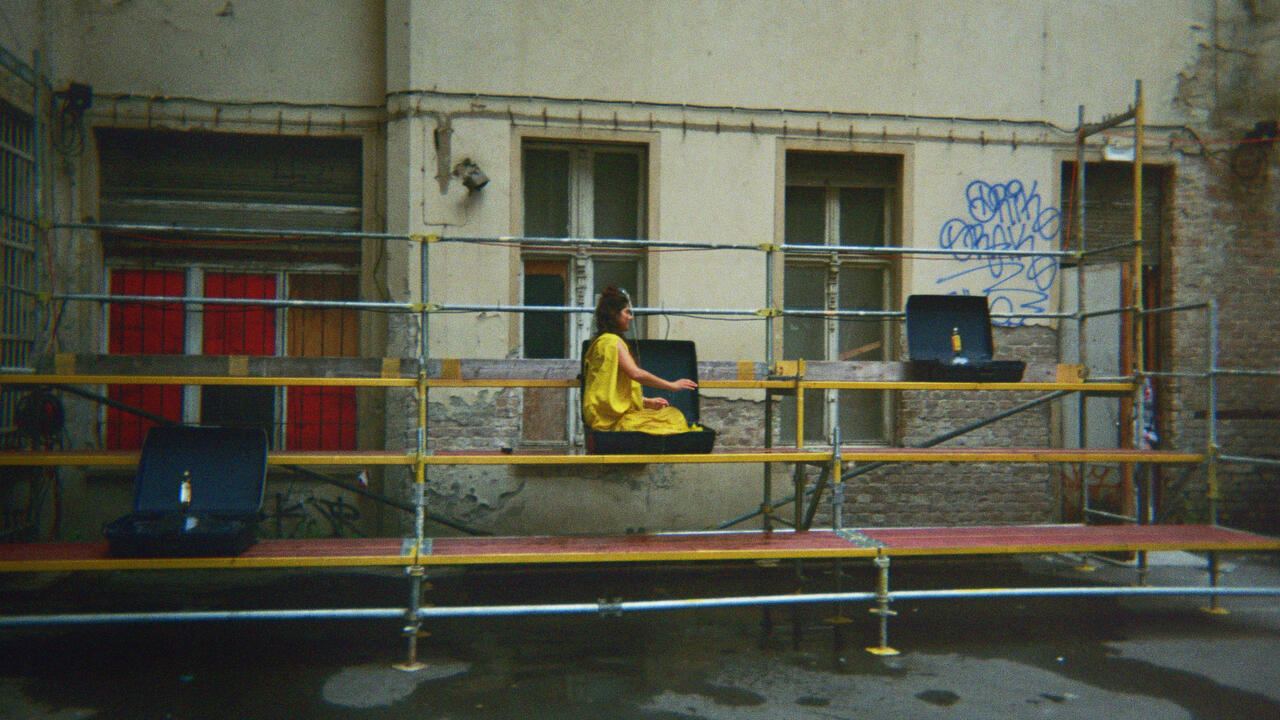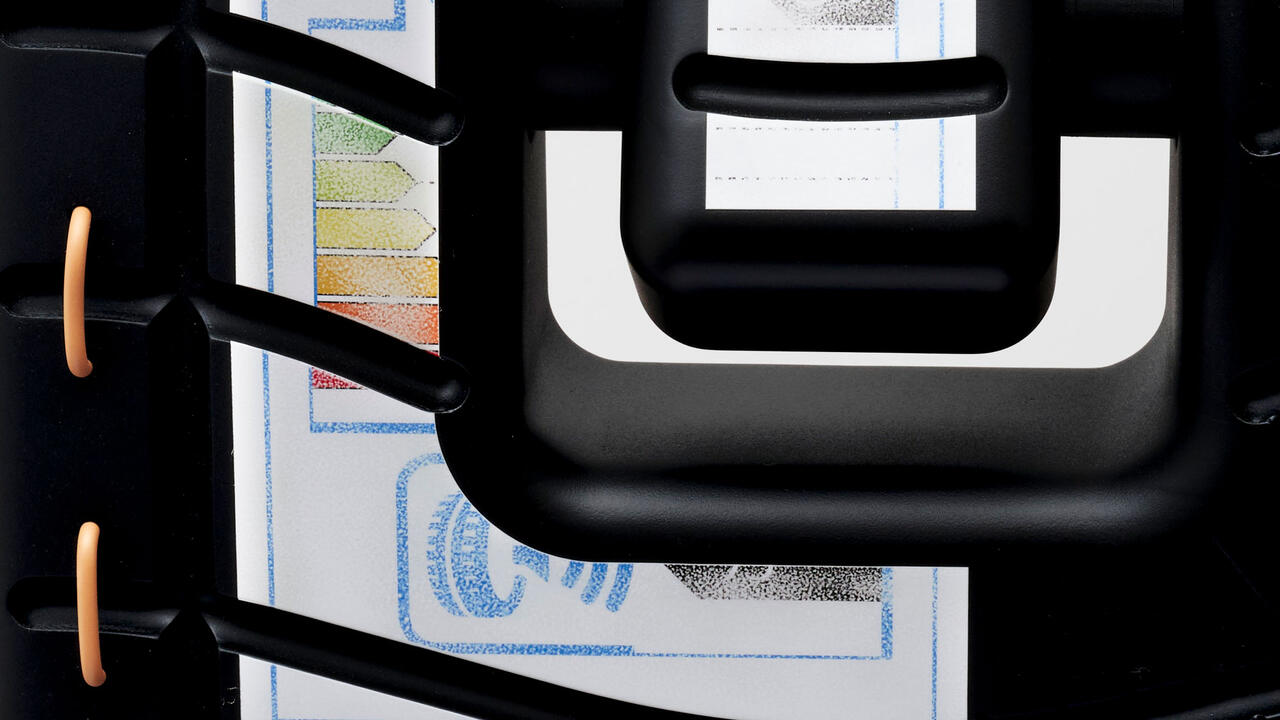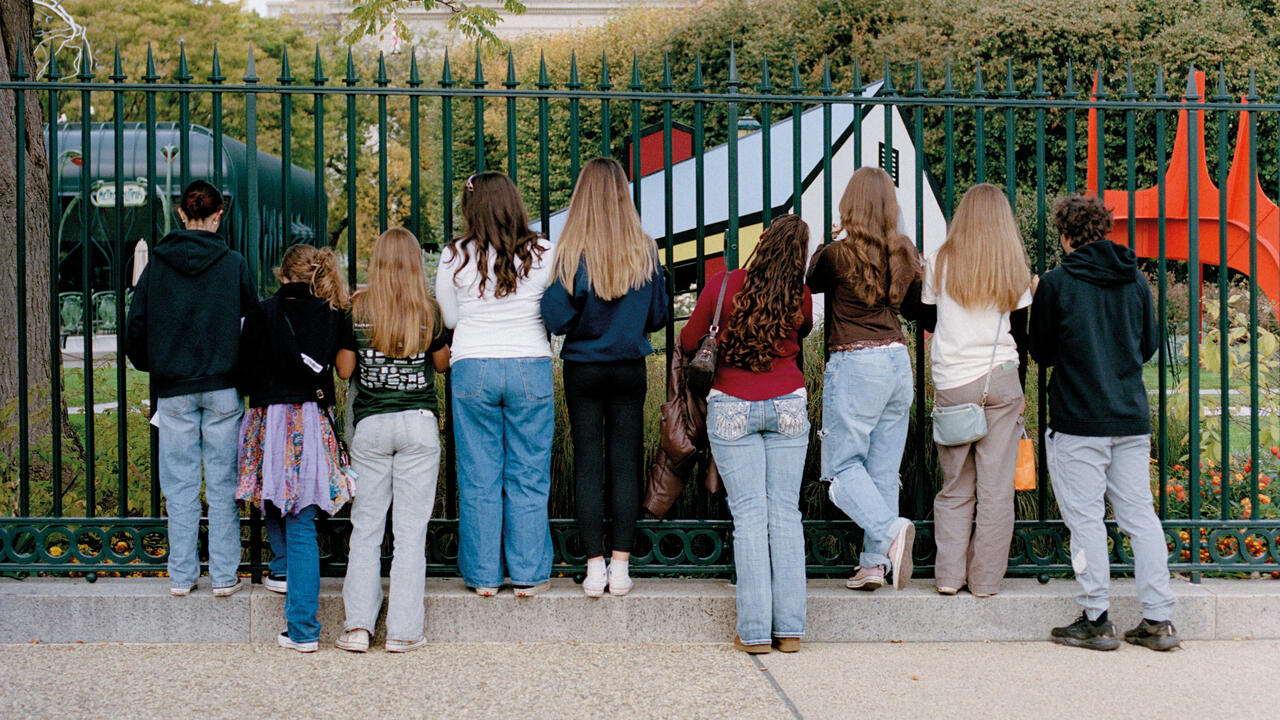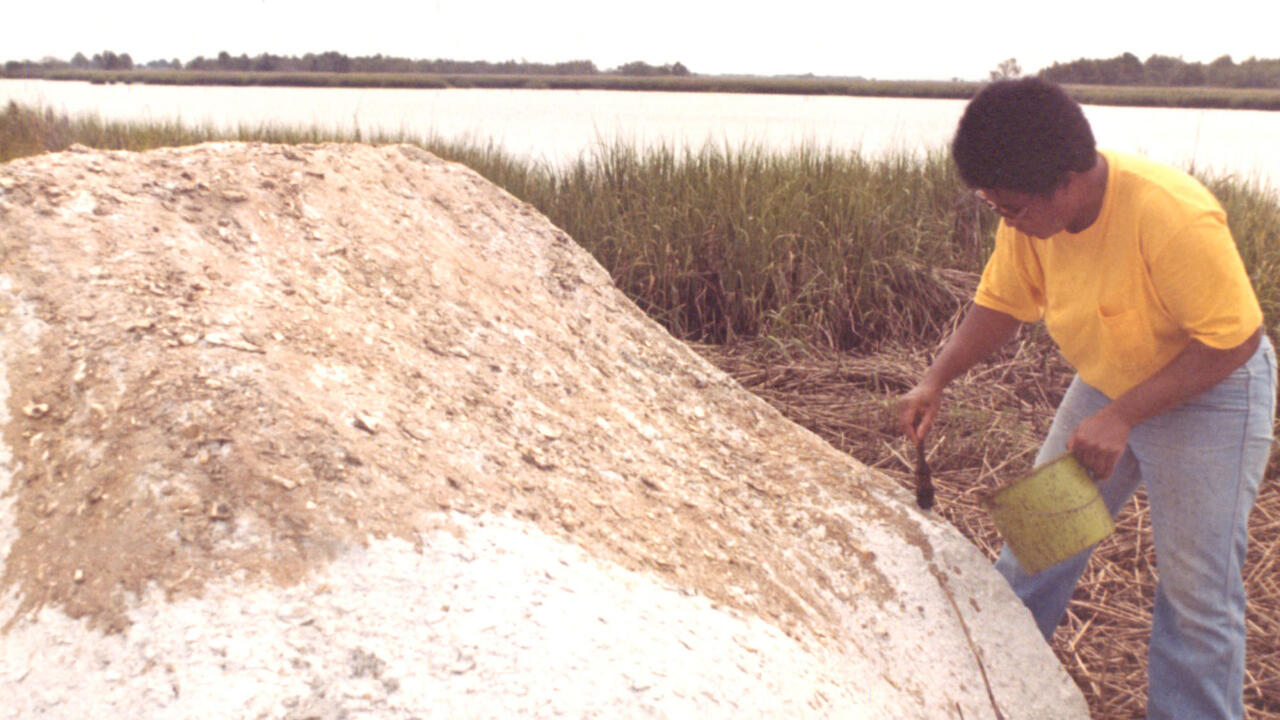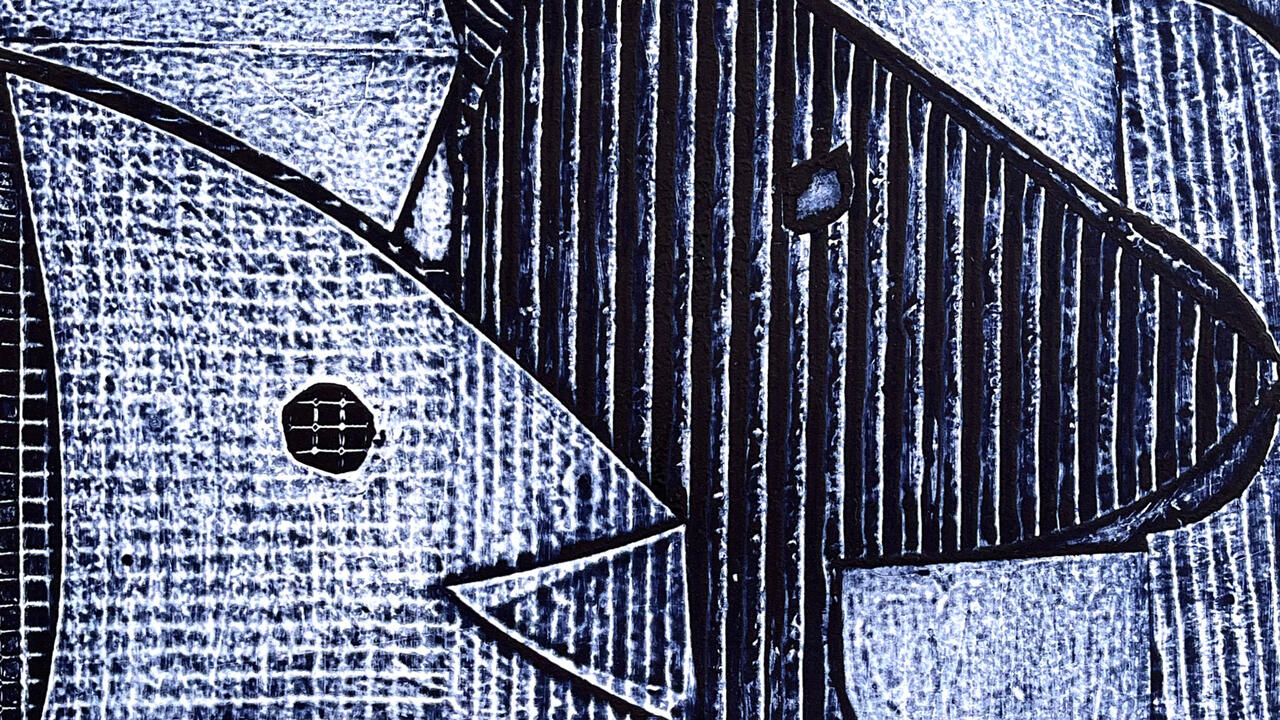Who Are ruangrupa? A Closer Look at Documenta 15’s Artistic Directors
From an artist collective’s grassroots initiatives in Indonesia to helming the renowned exhibition in Kassel
From an artist collective’s grassroots initiatives in Indonesia to helming the renowned exhibition in Kassel

To mark the opening of Documenta 15, frieze looks back into the archive to uncover more about this year's creative directors.
The announcement that documenta 15 – which will take place from July to September 2022 – will be curated by the Indonesian artists’ collective ruangrupa (spelled with a lower-case r, but Ruru for short) put an end to speculations surrounding the career-making appointment but ignited instead a whole other guessing game, centred on their curatorial approach.
About ten of the group’s core members, including director Ade Darmawan, will take the reins at documenta 15. One point that persisted in the news coverage of the announcement on Friday was that ruangrupa is a collective of artists, and as such, not only are they the first documenta artistic directors to hail from Asia, but also the first non-curators. (The curatorial project and subsequent publication by Jens Hoffmann from 2003-4, titled ‘The Next Documenta Should Be Curated by an Artist,’ somehow did not anticipate a collective, which in turn demonstrates that the trend towards multi-headed curatorial positions is fairly recent.) But to focus on the group as an artists’ collective would be misleading. Since its formation, runagrupa’s artistic practice has always pivoted on inclusive events and exhibition-making, not to mention the larger curatorial endeavours such as the 2016 edition of Sonsbeek in Arnhem, the Netherlands, titled ‘transACTION’.
So, who are ruangrupa? The collective, whose number of members isn’t fixed, banded together in 2000 and run an art space in South Jakarta, Indonesia. (The group’s name translates loosely as ‘a space for art.’) In order to understand the context in which ruangrupa first became active, it’s important to look at the political changes that were under way in Indonesia in the late 1990s. The country’s second-ever president, the military leader Suharto, stepped down in 1998 ending a 31-year rule – the so-called New Order era – following violent protests and riots. During his regime, which foreign commentators described as a dictatorship, to label an art space as ‘alternative’ would have signalled political dissent. But the period that ensued, the reformasi, ushered in a golden age of grassroots initiatives, local cultural production, and alternative media that was urgently needed to provide outlets for the previously denied youth-, and counter-cultures.

It’s against this backdrop and DIY ethos that a group of art students came together to from ruangrupa. The collective’s artistic practice involved art events and workshops, gradually coalescing ever-larger networks of affiliations and collaborations across the Indonesian archipelago and beyond. In the two decades since its inception, ruangrupa has solidified into a contemporary hub, a non-profit art organization focusing on urban contexts of cultural production. They run an art lab, a research archive, a radio station, the journal Karbon and a publishing wing. They organize exhibitions, parties, art writing and criticism workshops and festivals such as the media-art biennale ‘OK. Video’, which they launched in 2003. In a 2012 piece for Afterall contextualizing the group’s activity, David Teh writes: ‘to profile ruangrupa is to describe an event: time-based, immediate and loosely structured; with a sense of purpose, yet more celebratory than agonistic,’ going on to conclude that if there were one medium that would describe the group it would have to be karaoke.
Today, ruangrupa’s members aren’t exclusively artists; it’s an interdisciplinary team that includes architects and social scientists, among others, who believe in the notion of collectivity as a means to break away from the modernist idea of the artist as a centralistic entity. As a natural progression of their activities, ruangrupa cooperated with two other Jakarta-based art collectives, Grafis Huru Hara and Serrum, to establish GUDSKUL (pronounced Good School) in 2018, a public learning space.

And this approach strikes a chord in a global art context that seems constantly concerned with countering a host of problems to which, somehow, ‘social engagement’ with the ‘local’ seems to be the one remedy whose efficacy everyone agrees on: ruangrupa has contributed to numerous major exhibitions, including two editions of the Gwangju Biennale (2002 and again in 2018, in a section curated by David Teh), the Istanbul Biennale (2005), the Asia Pacific Triennial of Contemporary Art (Brisbane, 2012), the Singapore Biennale (2011), the São Paulo Biennale (2014), the Aichi Triennale (Nagoya, 2016), and the first edition of Cosmopolis in 2017, a new biennial platform at Centre Pompidou devoted to research-based artistic practices. That same year, the collective’s internet radio station was also a partner of documenta 14’s radio project ‘Every Time a Ear di Soun’.
What could all of this mean for the next documenta? Given ruangrupa’s commitment to their city, Jakarta, as both site and subject, it wouldn’t be a leap to expect that in Kassel, the collective might partner with local communities and the city’s ‘freie Szene’ (a German term used to describe non-commercial art production) to focus on its anguished urban context. Another clue is in the group’s statement to the press, saying: ‘[...]why shouldn’t we focus documenta 15 on today’s injuries, especially ones rooted in colonialism, capitalism, or patriarchal structures, and contrast them with partnership-based models that enable people to have a different view of the world?’ What potential partnerships could ruangrupa forge? A cursory glance at the list of organizations they’ve joined forces with over the years includes an indiscriminate lot ranging from NGOs and grassroots initiatives to big businesses and media companies. Perhaps there’s room for optimism in 2022, not only in regards to the outcome of the next German elections, but also a paradigm-shifting mega art event.
Main image: ruangrupa, 2019. Courtesy: Gudskul / Jin Panji








